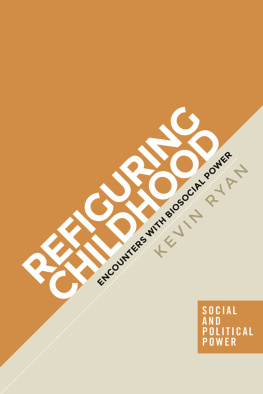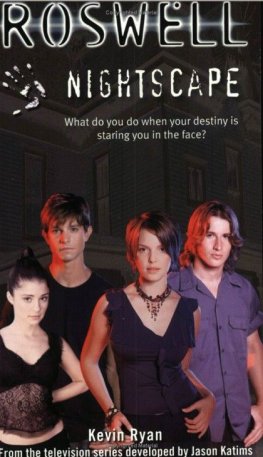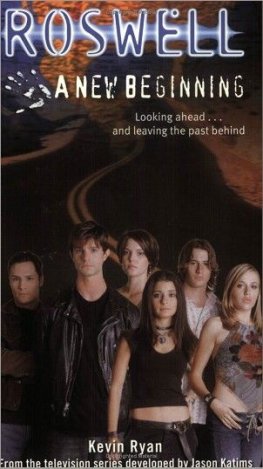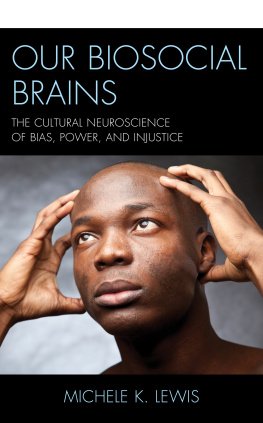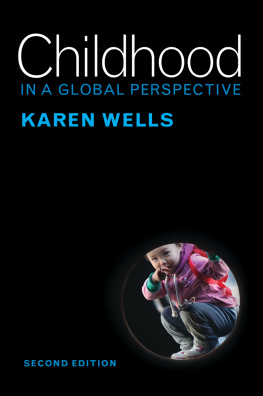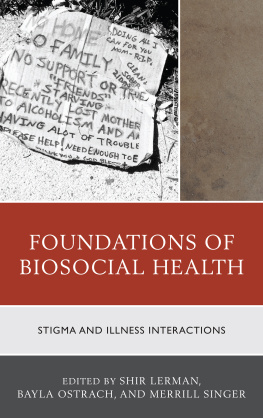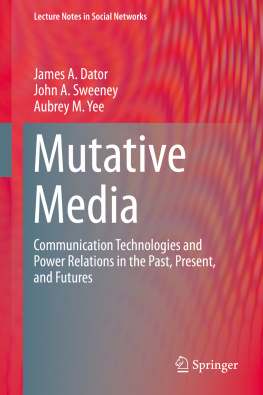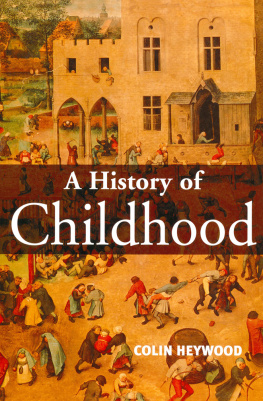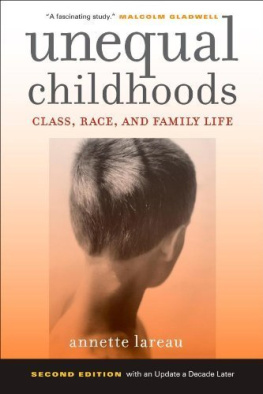SOCIAL AND POLITICAL POWER
Series editor: Mark Haugaard
Power is one of the most fundamental concepts in social science. Yet, despite the undisputed centrality of power to social and political life, few have agreed on exactly what it is or how it manifests itself. Social and Political Power is a book series which provides a forum for this absolutely central, and much debated, social phenomenon. The series is theoretical, in both a social scientific and normative sense, yet also empirical in its orientation. Theoretically it is oriented towards the Anglo-American tradition, including Dahl and Lukes, as well as to the Continental perspectives, influenced either by Foucault and Bourdieu, or by Arendt and the Frankfurt School. Empirically, the series provides an intellectual forum for power research from the disciplines of sociology, political science and the other social sciences, and also for policy-oriented analysis.
Already published
Power, luck and freedom: Collected essays
Keith Dowding
Neoliberal power and public management reforms
Peter Triantafillou
Evaluating parental power: An exercise in pluralist political theory
Allyn Fives
The power of citizens and professionals in welfare encounters: The influence of bureaucracy, market and psychology
Nanna Mik-Meyer
The four dimensions of power: Understanding domination, empowerment and democracy
Mark Haugaard
Copyright Kevin Ryan 2020
The right of Kevin Ryan to be identified as the author of this work has been asserted by him in accordance with the Copyright, Designs and Patents Act 1988.
Published by Manchester University Press
Altrincham Street, Manchester M1 7JA
www.manchesteruniversitypress.co.uk
British Library Cataloguing-in-Publication Data
A catalogue record for this book is available from the British Library
ISBN978 1 5261 4861 2hardback
First published 2020
The publisher has no responsibility for the persistence or accuracy of URLs for any external or third-party internet websites referred to in this book, and does not guarantee that any content on such websites is, or will remain, accurate or appropriate.
Typeset
by New Best-set Typesetters Ltd
: 10). While power is one of the most important concepts in the social sciences, it is also one of the most complex and elusive to research.
). Overall, as the three-dimensional power debates develop, the focus shifts from actions of the dominating actor A to the counter-intuitive and fascinating phenomenon that subordinate actors B often appear to actively acquiesce or participate in their own domination.
). The relationship between public and private discourse renders the working of three-dimensional power more complex than any simplistic images of the oppressed willingly participating in their own domination, or internalising false-consciousness. In turn, Scott's work has inspired an ongoing power-literature on the complexities of resistance versus acquiescence.
).
) conceptualisations of structure as a verb. This way of thinking provides us with conceptual tools for making sense of how agents both structure and are structured by relations of power.
).
).
Within these theoretical contexts Kevin Ryan's book, Refiguring childhood: Encounters with biosocial power, constitutes a rich genealogical account of the micro-physics of the creation of the social ontology of the modern child as a social subject. Central is Ryan's account of biosocial power, which he characterises as analogous to a process of choreography, where child development is orchestrated through an interweaving dance of normative fictions and dispositions, which fuse is and ought into a series of scripted parts along a trajectory of a present-flowing-into-future. This weaving dance is governed by a series of discursive frames that reflect wider neoliberal discourse formations.
Ryan's analysis brings us face to face with some of the complex dilemmas posed by crosscutting normative aspirations of empowerment and freedom. Using vivid examples, Ryan describes processes of biosocial power that are legitimised by social practitioners through the appeal to empowerment. The latter constitutes a normatively positively evaluative term, which renders these policies relatively immune to critique. In everyday life, social actors find it difficult to resist policies characterised as empowerment because such critique would be viewed as resistance to a good thing, and thus irrational. Ryan provides us with the conceptual tools to critique empowerment and freedom as hurray words. Through nuanced analysis he demonstrates that the social construction of empowerment is often a form of governmentality that facilitates certain freedoms while precluding others.
While practising critique, Ryan is acutely aware that there is no such thing as freedom in itself, or freedom from power or biopolitics. This awareness makes for a nuanced analysis of the present and, furthermore, of what the alternative to contemporary biosocial power might look like. By fusing a number of conceptual tools drawn from Arendt's account of natality, Deleuze and Guattari's idea of becoming-child and Vatter's work on normatively desirable biopolitics, Ryan concludes on an upbeat note on how we might envision a biosocial power that transcends the idea of childhood as a prefigured trajectory of scripted parts.
In general, the book series, Social and Political Power seeks to build upon the plural traditions of power analysis, which currently make the study of social and political power one of the most vibrant fields in the social and political sciences. In this regard this book constitutes an exciting cutting-edge contribution to the series, which develops the tradition stemming from Foucault and governmentality theory.
The book series is open to any of the multiplicity of traditions of power analysis, and welcomes research that is theoretically oriented, as well as empirical research on power or practitioner-oriented applications.
Mark Haugaard
National University of Ireland, Galway, Ireland
References
Allen, A. (1998). Rethinking power. Hyptia, 13, 2140.
Allen, A. (1999). The Power of Feminist Theory: Domination, Resistance, Solidarity. Boulder: Westview Press.
Bachrach, P., and Baratz, M. S. (1962). The two faces of power. American Political Science Review, 56(4), 94752.
Bourdieu, P. (1989). Social space and symbolic power. Sociological Theory, 1(7), 1425.
Clegg, S. (1989). Frameworks of Power. London: Sage.
Dahl, R. A. (1957). The concept of power. Behavioural Science, 2(3), 20115.
Dahl, R. A. (1968). Power. In David L. Shills (ed.), International Encyclopedia of the Social Sciences, Vol. 12 (pp. 40515). New York: Macmillan.
Dean, M. (2010). Governmentality: Power and Rule in Modern Society (2nd ed.). London: Sage.
Dowding, K. (2016). Power, Luck and Freedom: Collected Essays. Social and Political Power. Manchester: Manchester University Press.
Flyvbjerg, B. (1998).

